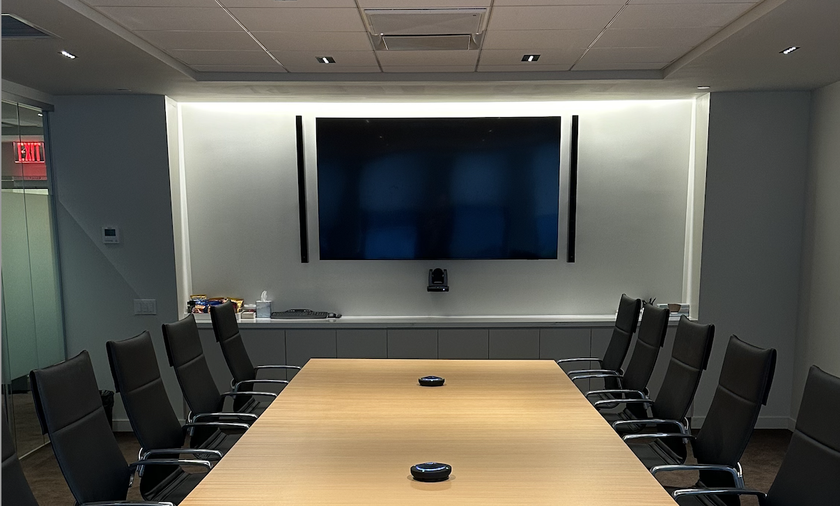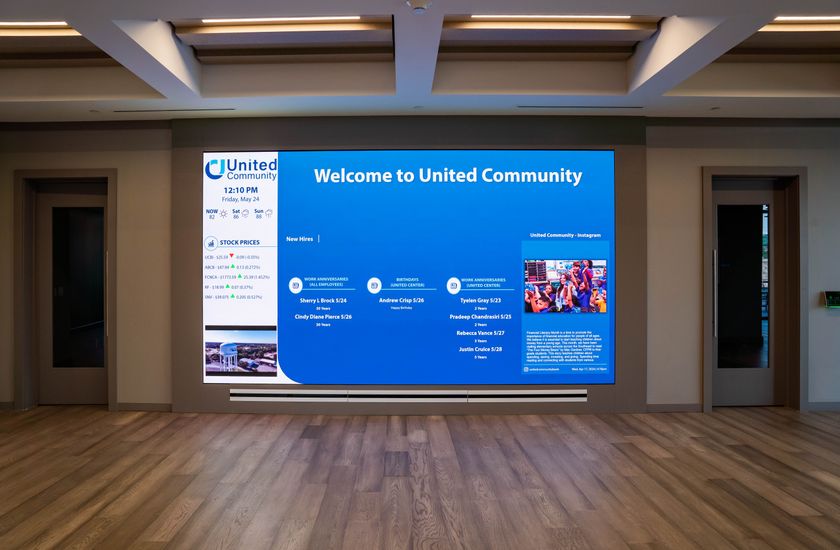The issue of proper employee classification is taking on new urgency now that the U.S. Department of Labor and Internal Revenue Service have joined forces with 13 states to increase pressure on companies, according to Take1 Entertainment Insurance executive vice president and program director Scott Carroll.
"Time is running out and the clock for the live event production industry couldn't be ticking any louder," Carroll said. "The fact is many companies currently classify their employees as 1099 independent contractors in order to save on benefits, and while it's a common practice, it could end up costing business owners a lot of money in penalties and back wages."
Since September 2011, several judgments have been handed down that included up to $500,000 in back wages and $75,000 in penalties. However, the IRS has given business owners an incentive to be proactive by instituting a new Voluntary Classification Settlement Program that allows companies the IRS accepts for participation to reclassify workers as employees and to receive 90 percent amnesty on past due employment taxes, with no interest or penalties.
According to Carroll, now is the best time for companies to evaluate their employees tax designations and make changes if necessary. "With the possibility of large penalties and back wages, every business owner should review their records and employee status to make sure they are classifying their employees properly. As an insurance professional it's my business to minimize risk, and in this case the risk to business owners is large while the steps needed to correct any problems are relatively easy and much more affordable than a large settlement."
With the launch of a new smartphone app called "Eat Shop Sleep", the Department Of Labor has even begun using social media to encourage proper practices and discourage improper classification. "Eat Shop Sleep" is a local business reviews app similar to Yelp!, with the added twist of displaying any health, safety or labor violations against the business. This type of public awareness could be detrimental to any business in any industry.
U.S. Risk's entertainment arm, Take1 Insurance, which has specialized in insuring the live and non-live entertainment industries for more than 25 years, is studying this issue on behalf of its thousands of insured who utilize 1099 workers in an effort to provide them with guidance and help them adapt to the changing regulations.
"With the increase in tax law enforcement across the country, the implications for rental and staging business owners are astounding," Carroll said. "The large settlements that have already been handed down are certainly big enough to bankrupt a company. Every business owner should review their employee tax classifications and speak with their insurance provider to ensure they avoid hefty government penalties. Any company that is found to be operating with improper employee classifications could also face higher insurance premiums, adding to the cost. One solution that has worked for the film and television industry is to utilize a payroll service, which helps companies protect themselves from unforeseen costs and tax burdens and avoid blemishing their own insurance policies at the same time."
Payroll services aren't free, and using one will likely cause labor costs to rise, but the decision to utilize a payroll service is the smart choice in light of the enormous exposure a company could face if they are audited by the IRS. Business owners can either operate according to tax classification requirements in order to steer clear of any problems, or they can skirt the issue and wait to be audited. By converting independent contractors to temporary employees, companies can eliminate long-term liability while lowering short-term liability costs.









